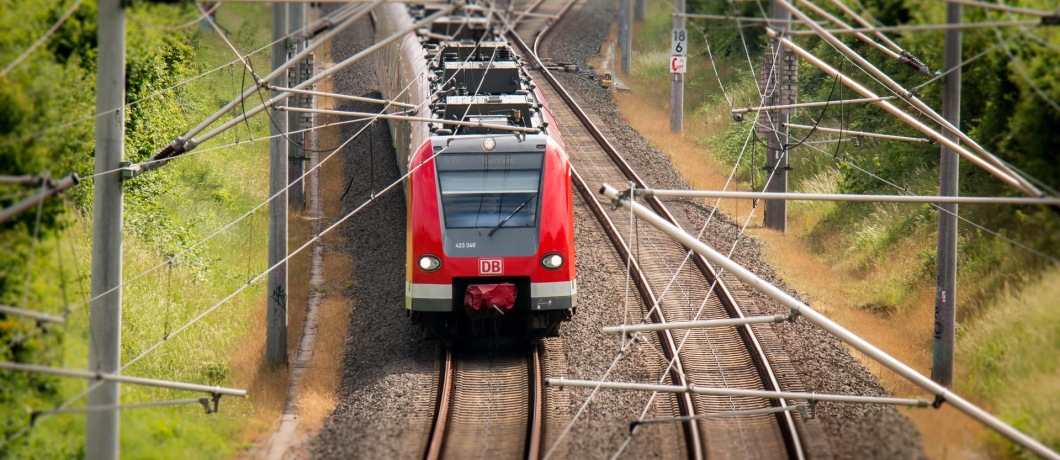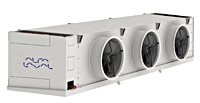Germany to launch natural refrigerant trains
GERMANY – The German national train network, Deutsche Bahn AG, have announced plans to make their air-conditioning in new trains use natural refrigerants from 2020 onwards.
Deutsche Bahn – in conjunction with support from the German Environment Ministry (BMUB)- is currently testing air-conditioning systems, which are operated with air and without using fluorinated refrigerants to use across their systems in the future.
From 2020 onwards, Deutsche Bahn AG plans to make their air-conditioning in new trains use natural refrigerants. In addition, the new technology – using air – could be a highly sustainable alternative.
This will aid Germany’s commitment to the EU F-gas Directive to meet 80% reduction in fluorinated refrigerants by 2030, says the Environment State Secretary Jochen Flasbarth.
Sustainable air-conditioning achieving climate goals
Ronald Pofalla, a member of the Board of Economics, Law and Regulation at Deutsche Bahn explained the thought process and strategy behind the project, stating “We are actively working with partners from industry to deliver our climate goals “.
Since 2015, the BMUB and Deutsche Bahn have been testing the system – installed by Liebherr Transportation – on the ICE 3 “Freiburg im Breisgau”, in Southern Germany.
The cold-air systems take process air from the surroundings and expand it with a cooling turbine. The pressure reduction results in lower temperature, which cools the passenger compartment by use of an air-air heat exchanger. Finally, the process air is re-compressed to ambient pressure and released again.
The Deutsche Bahn and the BUMB research project data – from the test – revealed that the new air-based technology is a probable alternative solution as it runs without polluting refrigerants and is easy in terms of maintenance. Further testing is yet to confirm whether it produces better life cycle costs than f-gas alternatives.
“Against the background of Kigali two weeks ago [….] we expect opportunities will grow for climate-friendly air-conditioning technology”, Flasbarth concluded.















